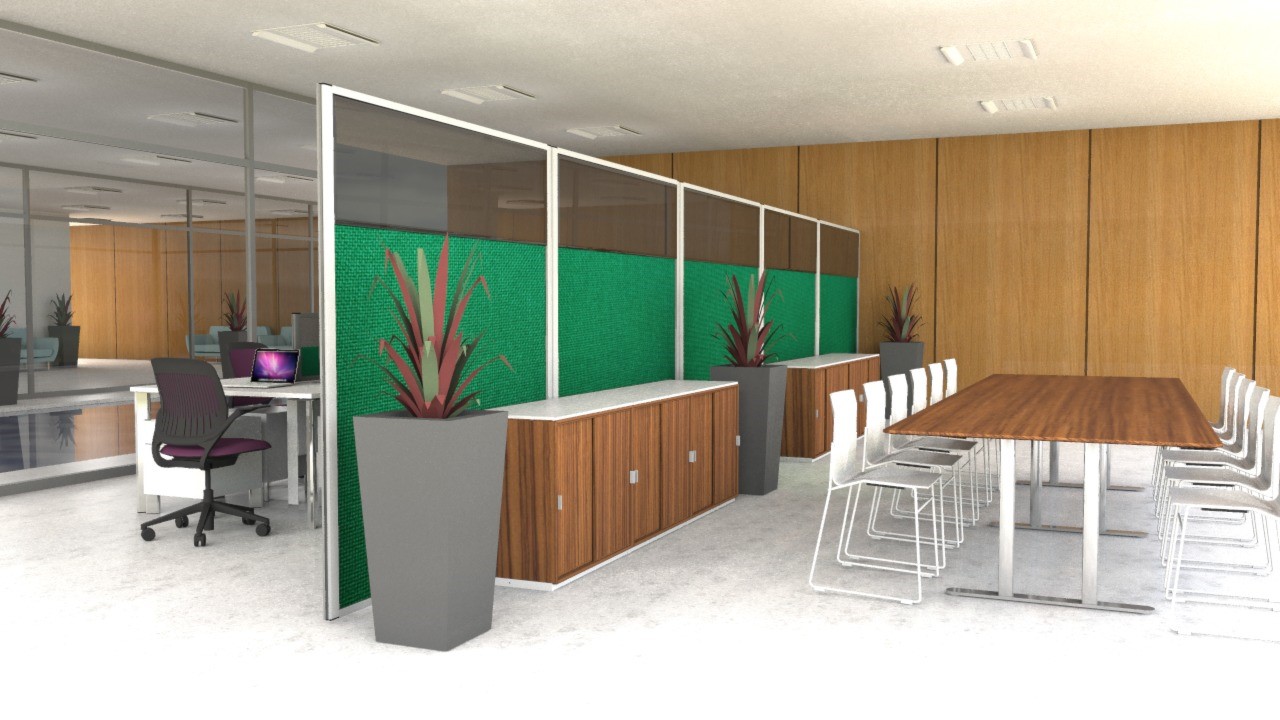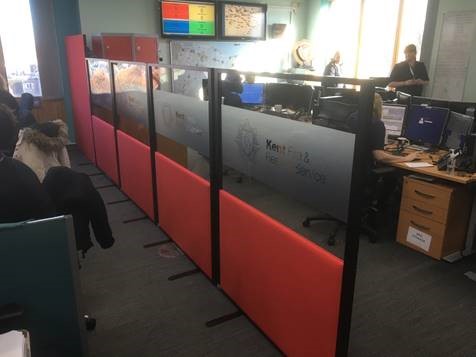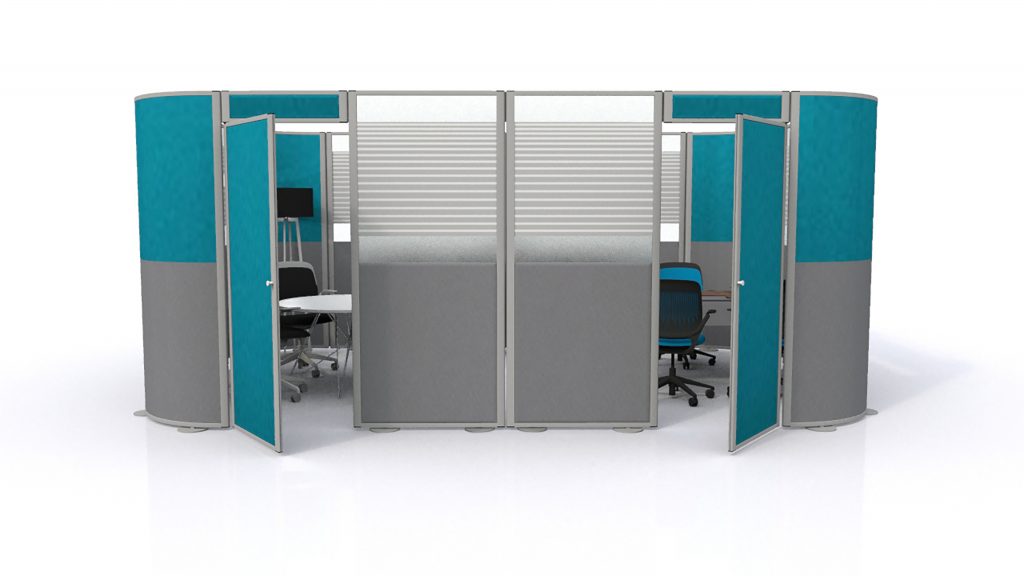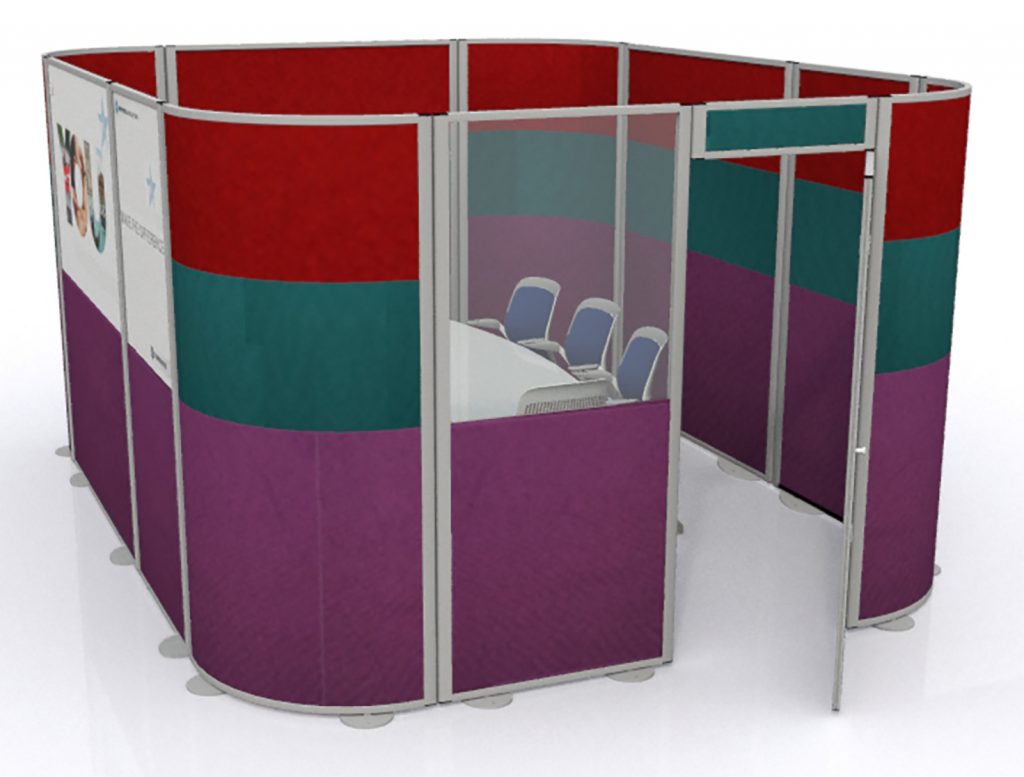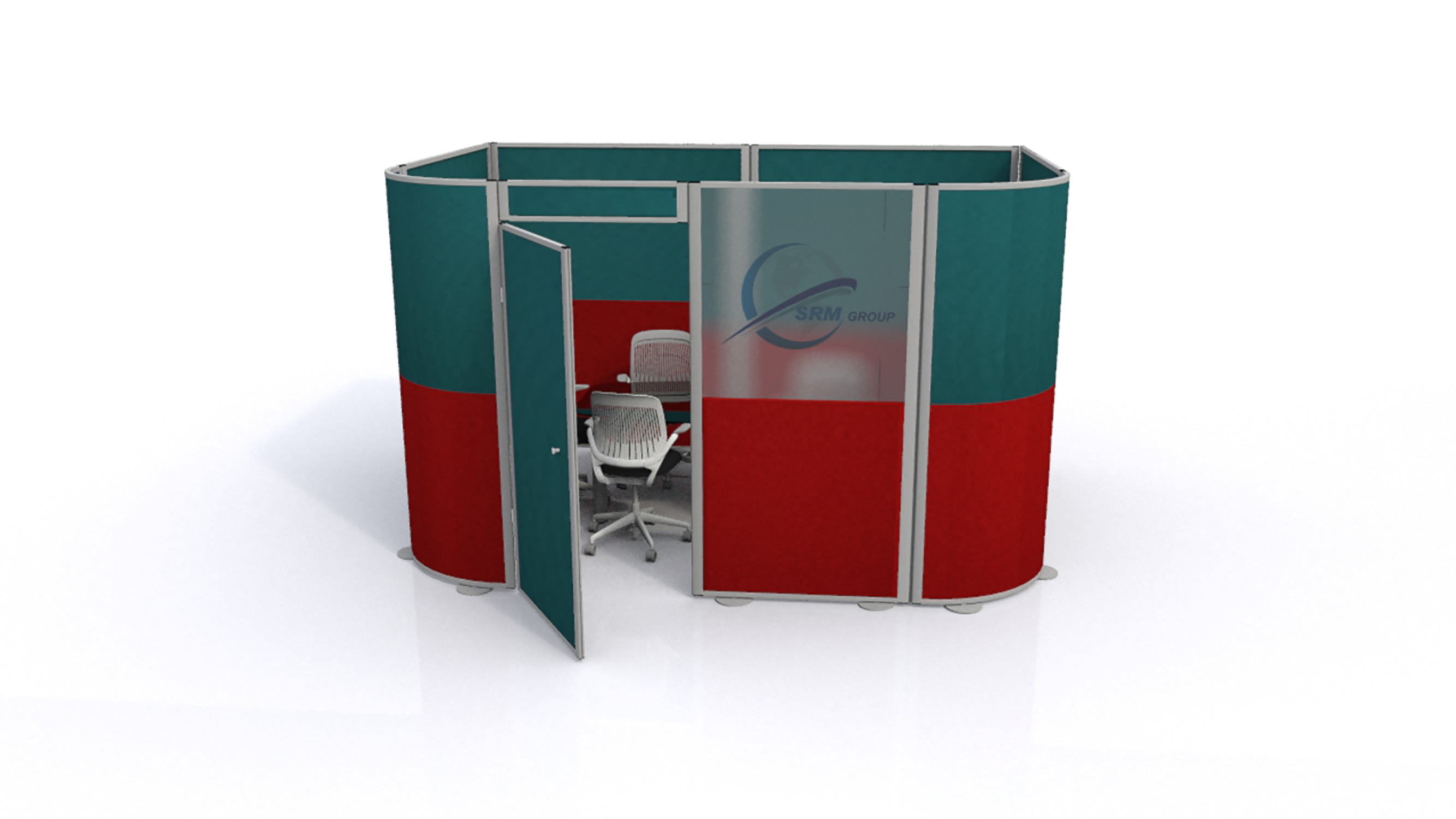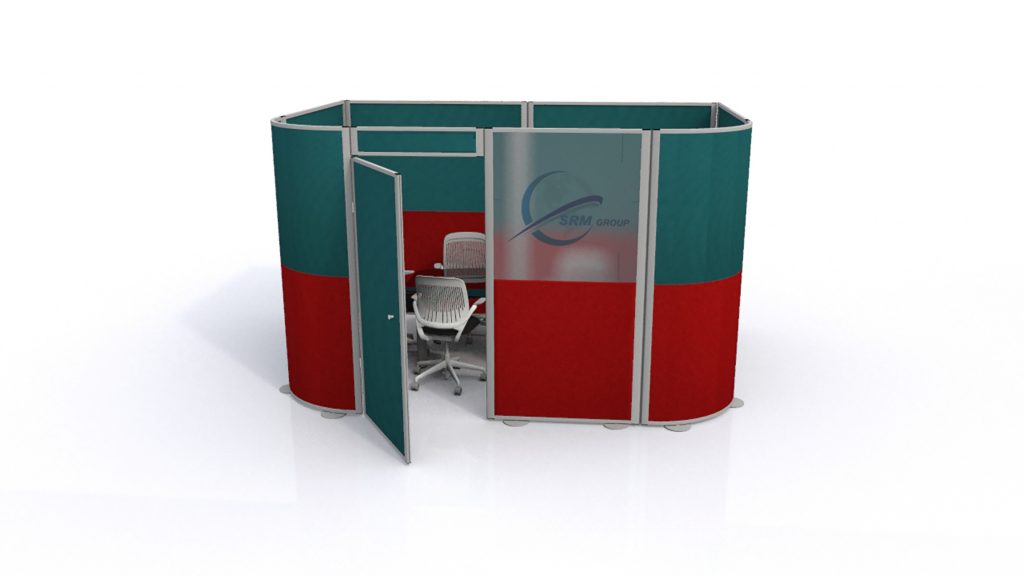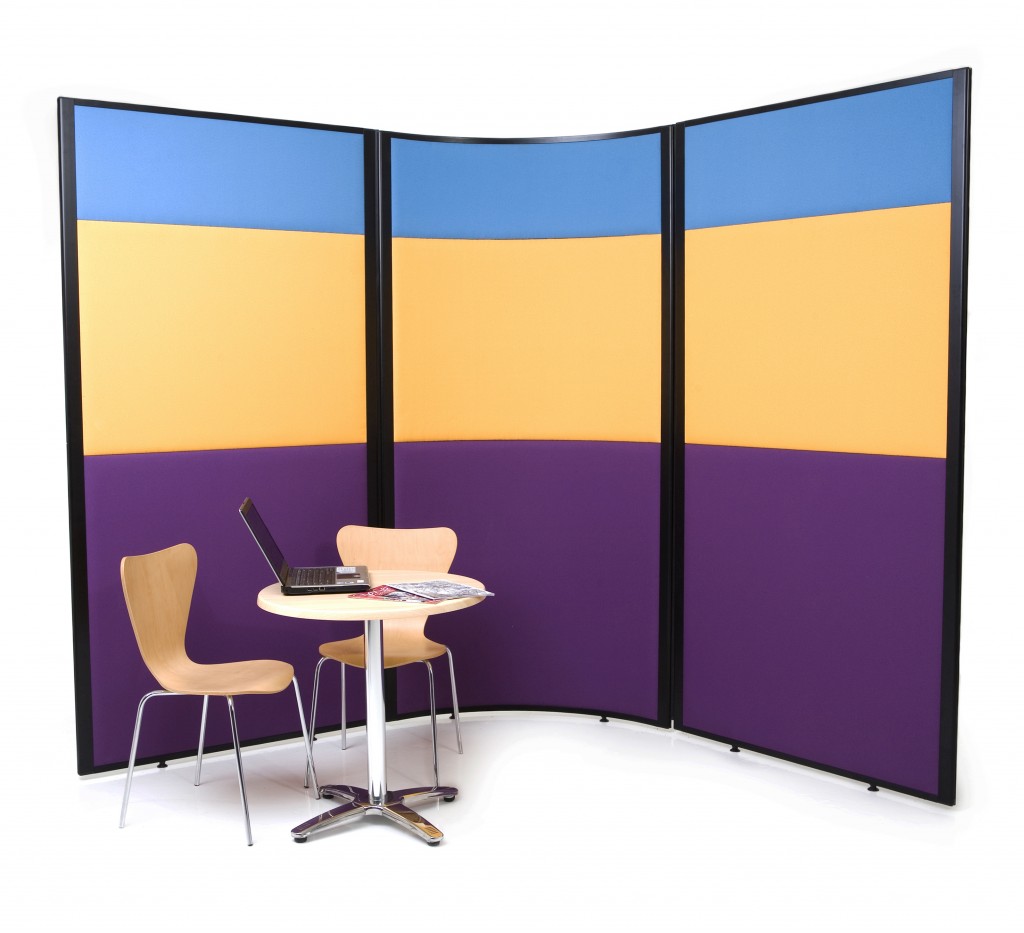Implementing New Innovations for Future Growth
With the new year well underway and modern office designs taking shape, it’s about time we looked at the innovations which are leading the way. In the past, the office usually featured a static design which remained unchanged for years on end. Nowadays, the design of the office is significantly more important. While it can be a key factor in boosting productivity and stimulating creativity, it also holds several other benefits for businesses. For example, with a growing millennial workforce, a greater priority is placed upon where they work, and creating an enjoyable working environment is now important for attracting and retaining younger generations.
This point, combined with the fact that many offices are now used to host meetings and presentations has led to the office becoming an extension of the company’s brand. In addition to this, the design of the office is a key component when increasing productivity. Typically, this is achieved through creating comfortable working environments which are tailored to the strengths of its employees. As such, office design trends are evolving, far faster than they were 10 years ago. Often, these are tailored around the open office design, with the end goal focused on creating a balance between collaboration and privacy.
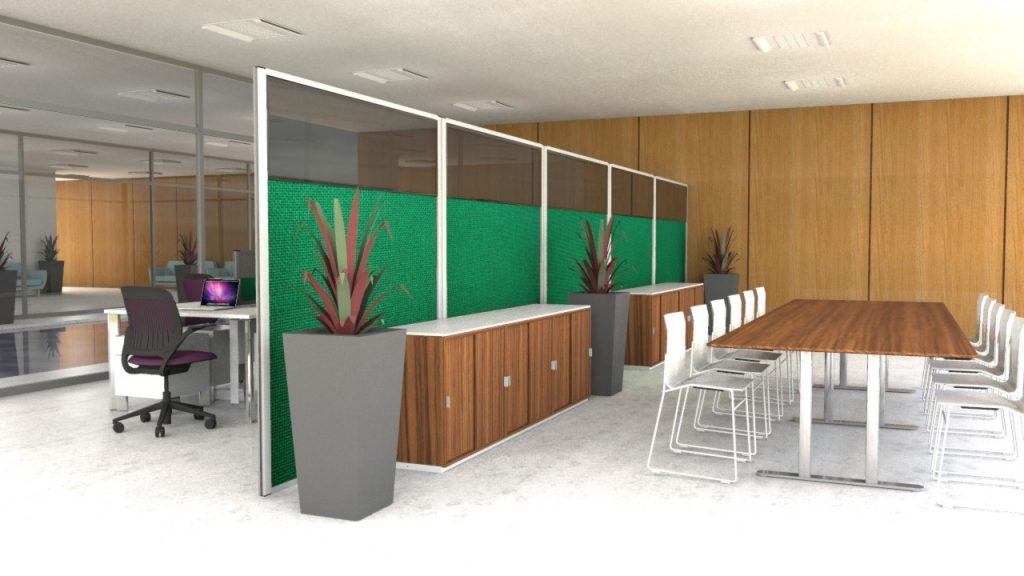
How Office Design Trends Are Catering to the Millennial Generation
By millennial, we are talking about employees who we born after the year 1990. What distinguishes these from the rest is the fact that they were brought around modern, digital technology. For example, the mobile phone, personal computers and games consoles were freely available. As well as this, their upbringing co-aligned with an increasingly liberal education system. The result is a different set of morals and beliefs than what business owners are used to. Rather than just focusing on money, millennials are more likely to set their sights on a career which is also fulfilling.
This is where office design becomes important. By fulfilling, we’re not necessarily talking just about doing humanitarian work. In fact, much of the career advice given to millennials over the past 20 years, has been to find a job you enjoy. This means to discover a career they are happy doing every day, working in a place which is comfortable and being surrounded by like-minded individuals. Because of concerns such as these, there has been greater emphasis placed upon building a community through office design.
This idea revolves around the open plan office. Some of the key office design trends over the past decade are built around finding a balance between collaboration and privacy in such an open environment. Rather than just reverting to the cubicle design of old, instead, designers are turning towards flexibility. Because of wireless technology, there is no need for employees to become attached to a single desk. Instead, modern offices are creating spaces for collaboration to take place and others which provide complete privacy from the surrounding office.
Office Design Trends in 2018 are Focused on Utilising Technology for Success
Many of the office design trends which we are seeing this year are built around this idea of flexibility. While they can certainly cater to the newer generations, it is also important to consider older ones who will have become accustomed to existing designs. In order to make the most of the space available, permanent, private offices are a thing of the past. Therefore, it is important for modern office designs to create effective private environments which are suitable for all generations. Simply telling people to pop a pair of headphones in is not a long-term solution.
An increasingly popular option is to create versatile, acoustic booths. These are semi-permanent and incorporate advanced acoustic technology akin to what you may find in a music studio. This helps to filter out much of the ambient background noise while creating a private space which fits in with the open design. These can then be used by individuals, for group work as well as for meetings. The result is an office where employees can be flexible and work in environments which are suitable for their work.
Creating an Office Which is Future-Proof
As we alluded to at the beginning, the speed in which offices are changing is increasing every year. While they are not complete overhauls, it is necessary for the office to quickly adapt to the needs of the business. If the number of employees continues to grow, then the office must follow suit. Fortunately, an open office is far more effective at this than any other design previously. Furniture, partition screens and even acoustic pods are relatively easy to re-arrange. Then it is simply a case of making the room for additional working space.
Furthermore, with interchangeable components such as these, it is simple and more cost-effective to adapt the design over time. Furniture such as desks and partition screens will not need to be changed every year. Therefore, modern office design trends are based upon a system where components can be added and removed wherever necessary.
On the topic of furniture, adjustable desks are something we all should be looking at. As modern office design trends look towards the future, this also concerns the future of employees. Many studies have begun to reveal the damaging effects of working in an office for 8 hours or more a day. There is a need to create environments which allow people to be as active as possible. While the flexible working areas will help, it is components such as an adjustable desk which get people moving and help to safeguard against some future health issues.
Integrating Branding into Office Design
The final factor we are going to cover involves the aesthetic of the modern office. With the examples set by Silicon Valley, the recent trend has been to incorporate white spaces with colourful and vibrant colours. While this has a number of benefits, such as being able to boost people’s mood, it fails to really make the space unique.
This is one of the reasons why this year, we are increasingly seeing company branding being incorporated into colour schemes and design plans. As mentioned earlier, the office is increasingly becoming part of the marketing and promotion of an organisation. Use of bright colours can be great for a creative business as it promotes that part of their identity. However, if you are in the business of finance, then glowing yellows and dazzling greens hardly create this image of professionalism and consistency.
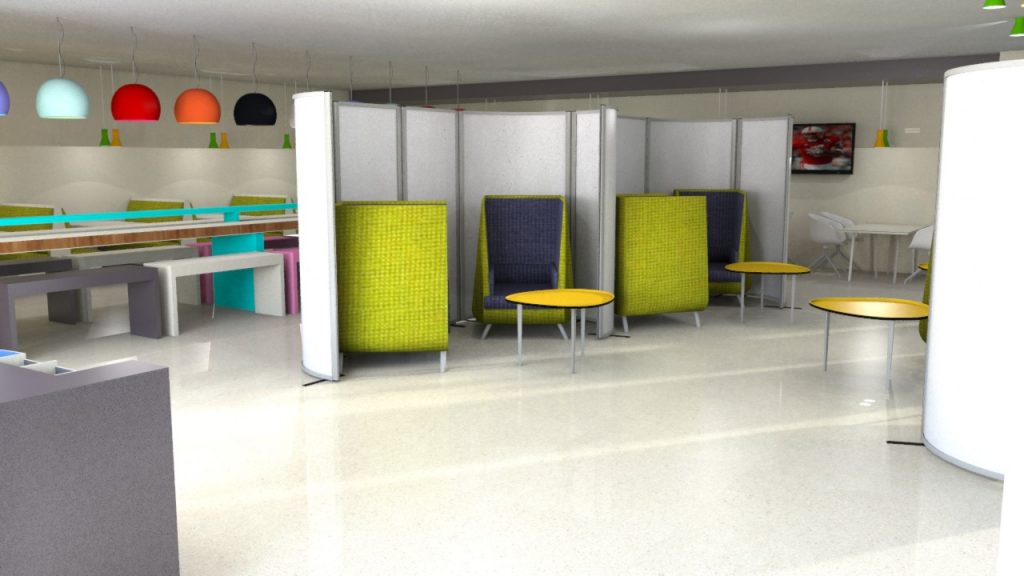
Rap Industries are expert manufacturers of office partitions, acoustic pods and room dividers. They have designed components for organisations both large and small for over 40 years. If you wish to find out more about the services which they offer, then please call 01733 394941 or send an e-mail to sales@rapind.com.
